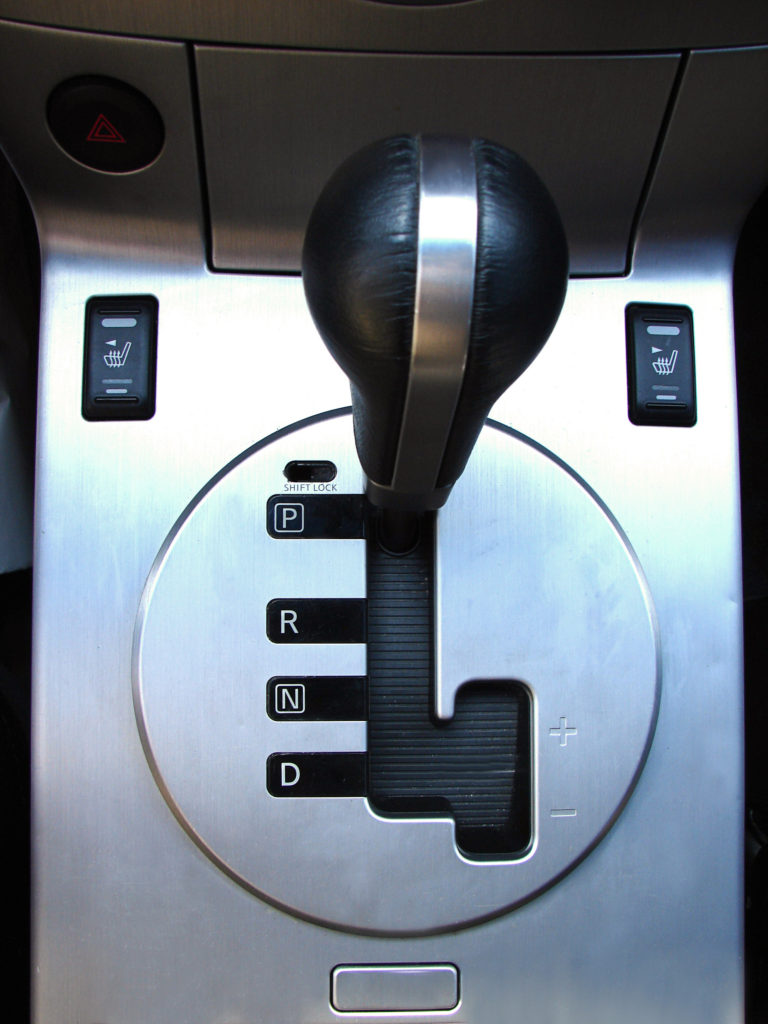I’m very hard on myself. Needless to say, I take it personally when I am told I take things too personally. And I still do. Just the other day I was in some extreme denial when my husband told me I could be more assertive because I’m a very compliant person (and I am). We can drive our feelings, or we can let our feelings drive us. To get a better handle on the road to recovery, let’s put our feelings into the right gears:
Park.
Here is where I pause and examine why I’m taking things so personally. Reflect on the good traits and the good God has for me. I realize I may need to get right with Him and ask for His forgiveness if I’m in sin. Am I sinning in anger? Am I jealous of my neighbor? If that’s the case, I confess what sin I’m in, God forgives me, and I am ready to move forward. No more wallowing in anger or jealousy. Jesus said, “If the truth sets you free, you are free indeed.”
Remember it’s okay to feel. Feelings are indicators of what’s going on in our sphere of relationships with others and myself. Feelings are there to signal to me what’s going on inside. If there’s a conflict, I get scared. Others get angry. Whatever the feeling is, it should be processed with honesty. How am I really feeling? There’s a place for feelings. Usually the feeling stems from something at the root of my being. With negative feelings, like fear or anger or jealousy, they stem from sin in my heart. With positive feelings, it’s usually an expectation has been met or surpassed.
Two keys to keep in mind with feelings:
- Don’t chase feelings (the pursuit of happiness doesn’t find you happiness, likewise, the pursuit of reaction to anger usually leads to a bad choice)
- Don’t always believe them (they’re not always telling the whole truth)
Reverse.
Another key to recognizing I’m at fault is the feeling of conviction. Identifying convictions is a good practice that will keep me humble. I may be wrong, after all. I may need to apologize, forgive another, or forgive myself. Apologizing and fixing the problem means I’m serious about bettering myself and loving the other in the situation. Telling myself to ignore the situation or running away from my feelings doesn’t get me anywhere, only deeper in denial and farther from resolution. When I mess up, or need to change, it’s loving to be honest with my feelings, and come to terms with them, good or bad.
Neutral.
Don’t expect your feelings to change if you’re in the same situation and getting the same results. Just the emotions we let ourselves wallow in over a period of days, months, then years, will keep us from moving forward in life. Forgive yourself, get honest with how you feel, forgive others, accept forgiveness, but whatever you do, don’t stay in neutral and settle for the hum of complacency. Instead, try seeking out from others and get feedback. See if there is something you can change, within your power to forgive, mend and reconcile those relationships so you feel better about the situation.
Sometimes I’ll bury my feelings for a while, until I’m honest with myself and say, “Am I taking things too personally? Am I being too hard on myself, too afraid of conflict, too sensitive?” If there’s some truth to it, maybe I should consider what they’re saying and where they’re coming from. If they don’t intend to hurt me, they’re saying it because they love me. It would be unloving to say nothing, like in the case of my husband’s observance. If he didn’t tell me and point it out, then he would be standing by, expecting me to change, and I would be idling in neutral, without even knowing I need to change gears.
Drive.
Once I’ve come to terms with all my feelings, I can drive myself forward in a healthy manner, not letting my feelings surpass good judgement and righteous living. However, this is a battle if I’m in a bipolar episode. Being in an episode is like abandoning the steering wheel and expecting my car to drive itself. That’s just a wreck waiting to happen. So, from someone who has been through those roller coasters of depression and mania, here is another way: get help.
I do that in a few different ways. I take my medication as the doctor prescribes (that gives me a clearer picture of what’s true and what’s not), I talk to and get counsel from my therapist and close family, and I pray and ask God for self-control and help to discipline myself and let out my emotions in a healthy way. Praying out my feelings is fine too, perhaps one of the more helpful ways to resolve a conflict or handle a difficult issue.
Your turn.
What do you think? Are you hiding your feelings, letting them fester? Are you letting them drive your actions and behaviors? How do you deal with your feelings?

What do you think?